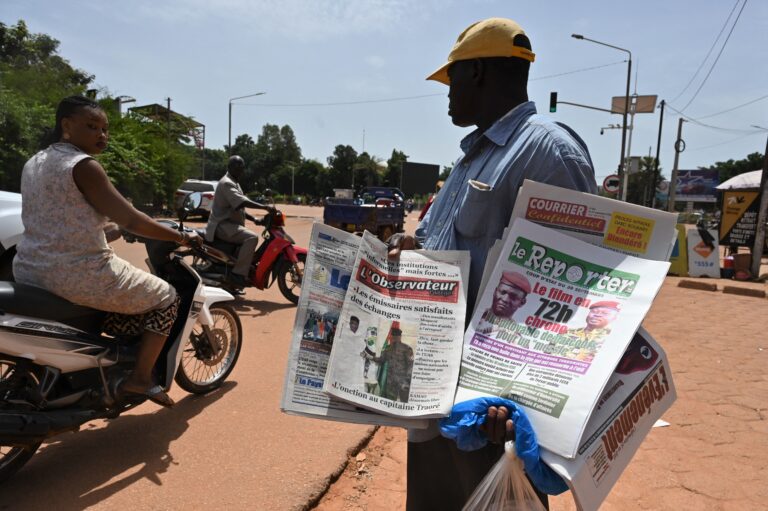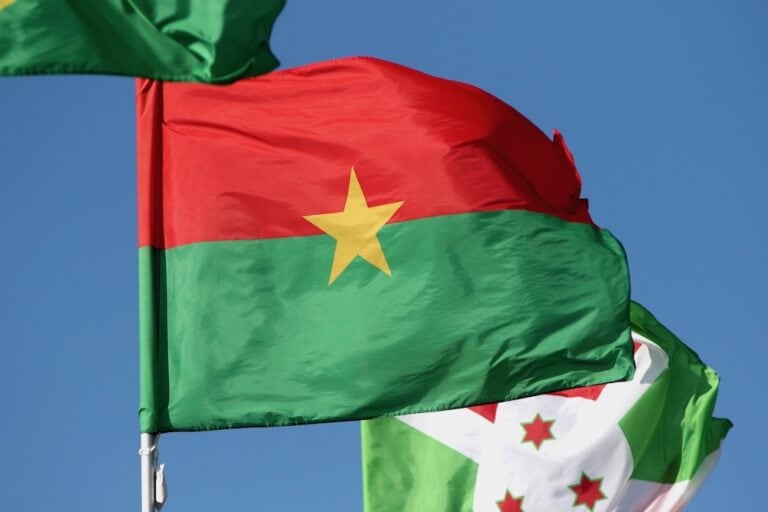Burkina Faso's media has taken the audacious step of lodging a formal complaint with its counterpart in Mali against independent Malian Joliba TV News station.
This statement was originally published on mfwa.org on 14 November 2024.
Burkina Faso’s media regulator, Conseil Supérieur de la Communication (CSC), has filed a formal complaint with its Malian counterpart against the Joliba TV News channel, which the Burkina Faso authorities accuse of having published “unfounded accusations that jeopardises fraternal relations between the countries of the Sahel”.
In a letter dated 12 November 2024, the President of the CSC, Wendingondi Louis Modeste Ouédraogo, asked Mali’s Haute Autorité de la Communication (HAC) to take action against Joliba TV News.
The complaint stems from comments made during the programme ‘Rendez-vous des idées’, broadcast on 10 November 2024 on the private Malian channel. During the programme, a guest questioned the veracity of official Burkinabe government reports that the State had thwarted an attempt to destabilise the country. According to the guest, the whole incident might have been a set-up orchestrated by the Burkinabe authorities themselves.
According to the SCS, these ‘serious’ and ‘insulting’ comments, discredit Burkina Faso’s authorities. The CSC considers the statements to be against ethical principles and media responsibility, adding that these ‘unsubstantiated’ allegations could compromise friendly relations between the countries of the Sahel.
It is not the first time that Joliba TV News has had a confrontation with the HAC. On 3 November 2022, the channel was suspended for two months by the regulatory body. The suspension followed an opinion piece in which the media outlet criticised Mali’s Prime Minister, Choguel Kokalla Maiga, saying that his tone and posture during his speech at the United Nations General Assembly were hostile and not very diplomatic.
The Media Foundation for West Africa (MFWA) deplores the antagonistic turn this case has taken. We call on all the parties involved to prioritise dialogue, in good faith and without prejudice to the fundamental rules of justice, in order to find a solution that is favourable to all.



